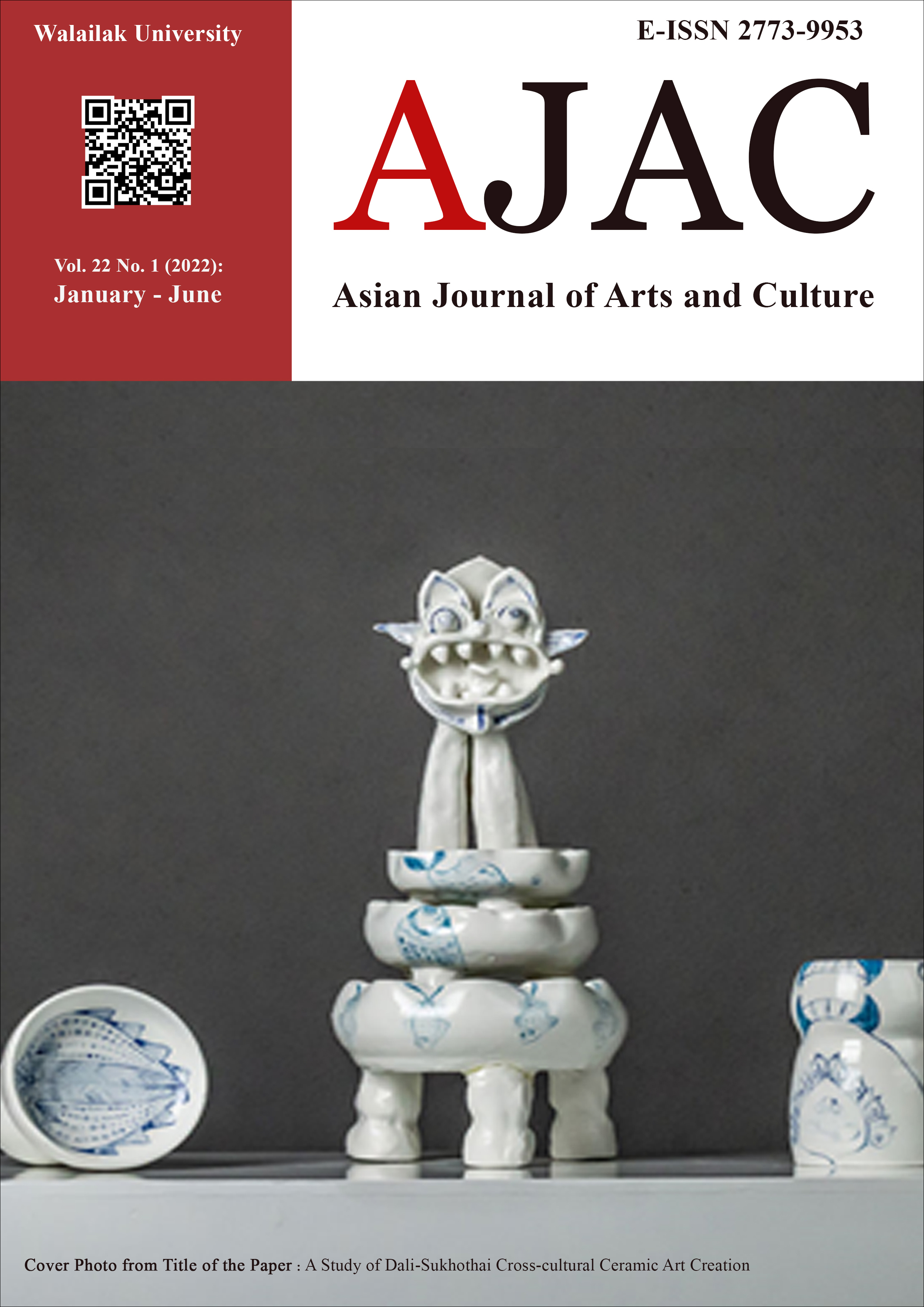Economic Gap and Labor Problems Policy in a Third World Country During the Coronavirus Pandemic: Inequality of Education within the Thai Social Class Structure
Main Article Content
Abstract
This research article has IRB (HE-DRI-NRRU024/2565; 0623.9/038) and it will try to explain the effect Of COVID 2019 by qualitative research to online-student, and the poor labor (who loss job by freezing business/economic activity). Economic gap and labor problems policy in a third world country during the coronavirus pandemic: Re-structuring and re-connect to inequality of education of class structure. The disharmony of Vaccine became a topic of international politics due to the fact that international organizations on public health and medicine were unable to curb the pandemic. Small children lacked of supportive resources to study online due to the lack of basic structure in information technology and internet. The economic-social gap from classes in the Thai society were negatively affected from the “economic development policy”. It becomes inequality (true) VS modern (fake), or “the riches are clustered but the poors are scattered (lack of technology learning)”. Coronavirus diplomatic vaccines were negatively regarded as a war of vaccine. It reflected fake cooperation among international communities. Vaccine assistance from bilateral agreements or between states worked out but failed on multilateral agreements (the delay, the near expiration date of vaccine). The war of vaccine resulted in 2 terms: torn or injected. From the abovementioned description, the research drew the conclusion as follows Thai Bureaucratic ’s policy: (1) Scarcity: Problems of the gap in economic development worsened the political contention in Thailand during the city lockdown, (2) Expectation (economic halt) and unemployment are problems of policy-inequality: “the management of vaccine affected online learning”, and impacted the shrink of a new graduate number to enter the labor markets, (3) Fear of the virus (war): Problems (asymmetry-inequality) of powers of international politics and the failure of public health international organizations should to seek the ways to handle the virus in the future rather than multinational corporations.
Article Details

This work is licensed under a Creative Commons Attribution-NonCommercial-NoDerivatives 4.0 International License.
© 2018 by Asian Journal of Arts and Culture, Walailak University. All rights reserved.
References
Almond, G .A. (1954). “Research in Comparative Politics: Plans of a New Council Committee”. Social Science Research Council, Volume 8, Number 1 (March 1954). New York: Social Science Research Council.
Chambers, Pl and Waitoolkiat, N. (2016). “The Resilience of Monarchised Military in Thailand”. Journal of Contemporary Asia, 46,(3), 424-441.
Crompton, R. & Scott, J. (2002). Introduction: The State of Class Analysis. Oxford: Blackwell Publishers. Journal of Democracy, 13(2), 21-35.
Easton, D. (1957). “Am Approach to the Analysis of Political Systems”, in World Politics, 9(3), 383-400.
Ezrow, M. Natasha and Frantz, Erica. (2011). Dictators and Dictatorships: UnderstandingAuthoritarian Regimes and their Leaders. New York, USA: Continuum.
Huntington, S.P. (1968). Political Order in Changing Societies. New Haven and London, UK:Yale University Press.
Huntington, S.P. (1991). The third wave: Democratization in the late twentieth century. Oklahoma, USA: Oklahoma University of Press.
Kioupkiolis, A. and Katsambekis, G. (2014). Radical Democracy and Collective Movements Today: The Biopolitics of the Multitude Versus the Hegemony of the People. Burlington, USA: Ashgate.
Lipset, S.M. (1959) “Some Social Requisites of Democracy: Economic Development and Political Legitimacy”. The American Political Science Review, 53(1), 69-105.
Moore, B. (1966). The Social Origin of Dictatorship and Democracy: Lord and Peasant in the Making of the Modern World. MA, USA: Beacon Press.
Nairn, T. (1961). “The English Working Class”, in New Left Review I/24, March-April 1964. Riggs, Fred W, “A Model for the Study of Thai Society”, Thai Journal of Public Administration, (1)4, 83-125.
Riggs, F.W. (1966). Thailand: The Modernization of a Bureaucratic Polity. Honolulu, USA: East-West Center Press.
Rueschenememeyer, Dietrich; Stephens, Evelyne Huber and Stephens, John D. (1992). “Capitalist Development nd Democracy”, Contemporary Sociology, January 1992. PP. 23-248.


